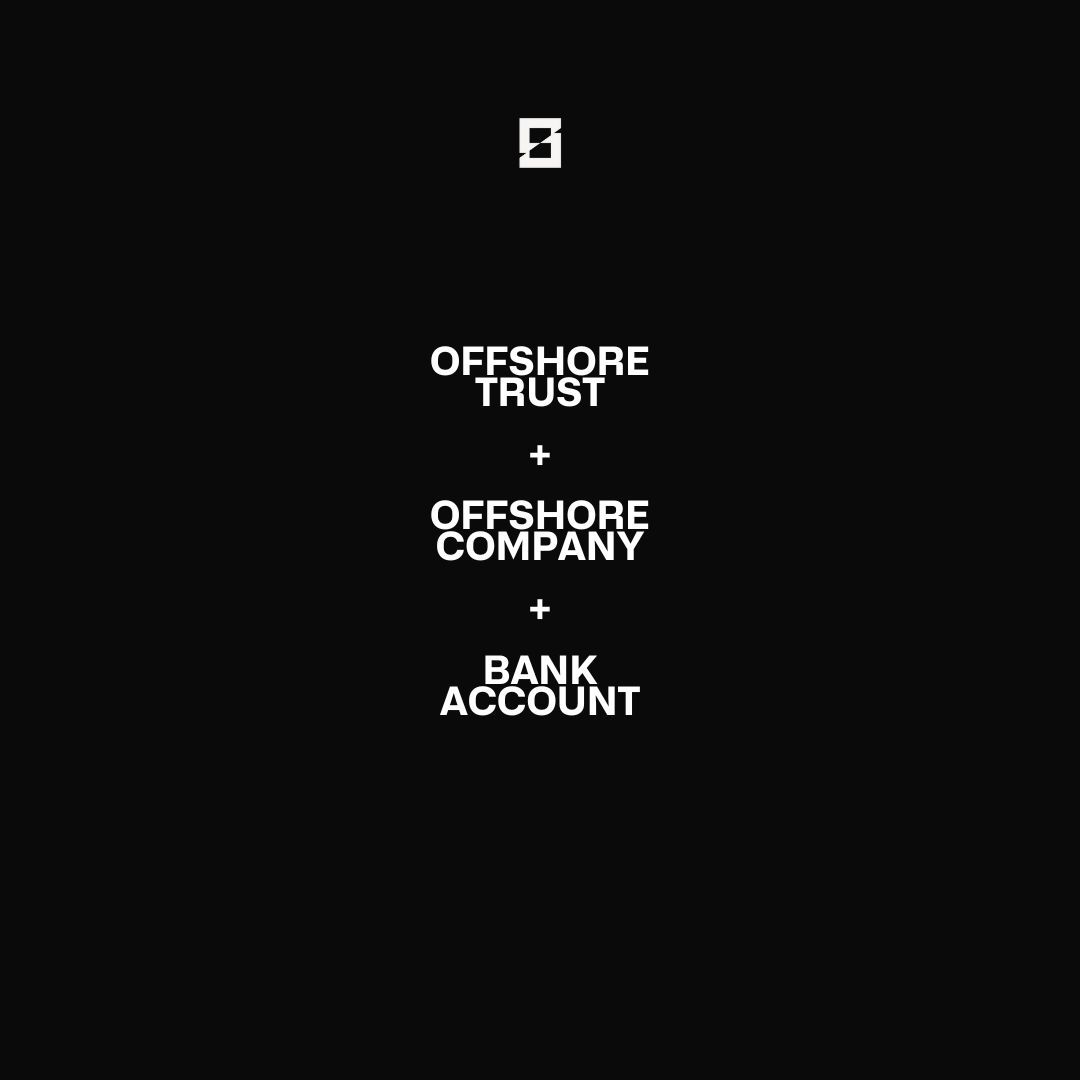An offshore company is a legal business entity established outside the country of its primary operations and primary place of residence. Offshore companies are often utilized for a variety of strategic purposes, including asset protection, privacy, tax optimization, and international trade facilitation. In this article, we’ll delve into the core aspects of offshore companies, their benefits, and why jurisdictions like the Cook Islands and Nevis are popular choices.
What is an Offshore Company?
An offshore company, whether in the form of an International Business Company (IBC) or Limited Liability Company (LLC), is a legal entity incorporated in a jurisdiction outside the country where its ultimate beneficial owners reside or conduct business. Offshore companies are commonly established in jurisdictions known for favorable regulatory environments, tax benefits, and confidentiality provisions.
Key Features of Offshore Companies
- Privacy and Confidentiality: Offshore jurisdictions like the Cook Islands and Nevis provide robust privacy protections. The identities of shareholders and directors are often not publicly disclosed, safeguarding the anonymity of business owners.
- Tax Benefits: Most offshore jurisdictions offer favorable tax regimes, such as low or zero corporate taxes, no capital gains tax, and exemption from local taxes on foreign income. Offshore companies are often structured as pass-through entities, where income is taxed at the personal level of the members/shareholders in their home jurisdiction.
- Asset Protection: Offshore companies can be used to shield assets from potential legal claims. Jurisdictions like the Cook Islands offer strong asset protection laws that make it difficult for creditors to seize assets held within offshore entities.
- Ease of Incorporation and Management: Establishing an offshore company is often straightforward, with minimal bureaucratic hurdles. Ongoing management and compliance are also designed to be relatively simple.
- Flexibility: Offshore companies offer flexibility in ownership and management structures. They can be owned by individuals, corporations, trusts, or other entities, and may have a single member/shareholder or be managed by appointed managers/directors.
Benefits of Offshore Companies
Legal Entity
An offshore company is a separate legal entity distinct from its owners (shareholders or members). This separation provides liability protection to the owners, as they are generally not personally liable for the company’s debts and obligations.
Tax Benefits
Offshore companies can benefit from favorable tax regimes. Jurisdictions like Nevis offer attractive tax incentives, including zero corporate tax, no capital gains tax, and no withholding tax on dividends. These benefits can result in substantial savings and increased profitability for businesses operating internationally.
Privacy and Confidentiality
Privacy is a significant concern for many business owners. Offshore jurisdictions prioritize confidentiality, ensuring that the details of company ownership remain private. This level of privacy can protect against various risks, including corporate espionage and political instability.
Asset Protection
One of the primary reasons for establishing an offshore company is asset protection. By placing assets in an offshore entity, individuals and businesses can shield their wealth from potential legal disputes, creditors, and other claims. The Cook Islands, for example, offers some of the strongest asset protection trusts in the world, making it nearly impossible for foreign judgments to be enforced.
Streamlined Operations
When coupled with a trust, offshore companies offer an easy management solution. By incorporating a company where you serve as the manager, you retain a favorable degree of control over the trust’s assets while benefiting from asset protection and confidentiality.
International Business Expansion
Offshore companies provide a flexible structure for international trade and investment. They can facilitate seamless cross-border transactions, reduce currency exchange risks, and enable businesses to operate in multiple countries without the need for a physical presence in each location.
Popular Jurisdictions for Offshore Companies
The Cook Islands
The Cook Islands is renowned for its strong asset protection laws and privacy features. Establishing a Cook Islands LLC can provide business owners with peace of mind, knowing that their assets are secure and their personal information is protected.
Nevis
Nevis is another popular jurisdiction for offshore company formation. It offers a favorable regulatory environment, strong privacy protections, and various tax advantages. Nevis LLCs are particularly attractive due to their flexibility and the ease of management they offer.
How to Establish an Offshore Company
Setting up an offshore company involves several steps:
- Choose a Jurisdiction: Research and select a jurisdiction that aligns with your business goals and offers the desired benefits, such as asset protection, privacy, and tax optimization.
- Select a Company Structure: Decide on the type of offshore entity that best suits your needs. Common structures include LLCs (Limited Liability Companies) and IBCs (International Business Companies).
- Engage a Professional Service Provider: At Offshore Broker, we handle the entire application process using the information you provide, ensuring a cost-effective and streamlined approach.
- Register the Company: Complete the necessary registration procedures in the chosen jurisdiction. This typically involves submitting incorporation documents, paying fees, and appointing directors and shareholders.
- Maintain Compliance: Adhere to the ongoing compliance requirements of the jurisdiction, which may include filing annual returns, maintaining financial records, and renewing licenses.
Conclusion
Offshore companies offer numerous benefits, including asset protection, privacy, tax optimization, and ease of international business operations. Jurisdictions like the Cook Islands and Nevis are popular choices due to their favorable regulatory environments and robust legal frameworks. By understanding the advantages and processes involved in establishing an offshore company, individuals and businesses can make informed decisions to protect and grow their wealth internationally.










